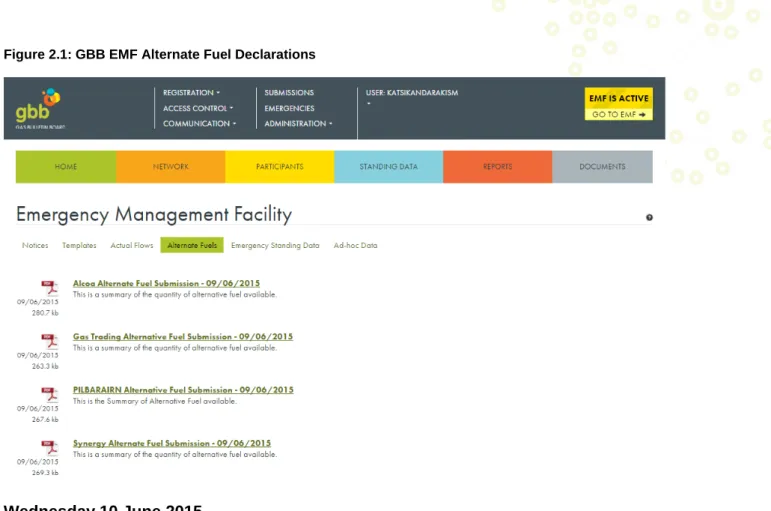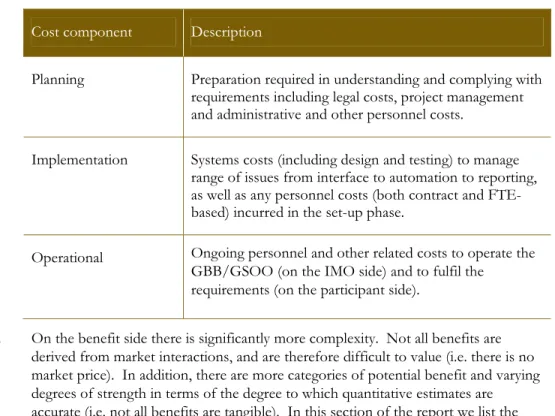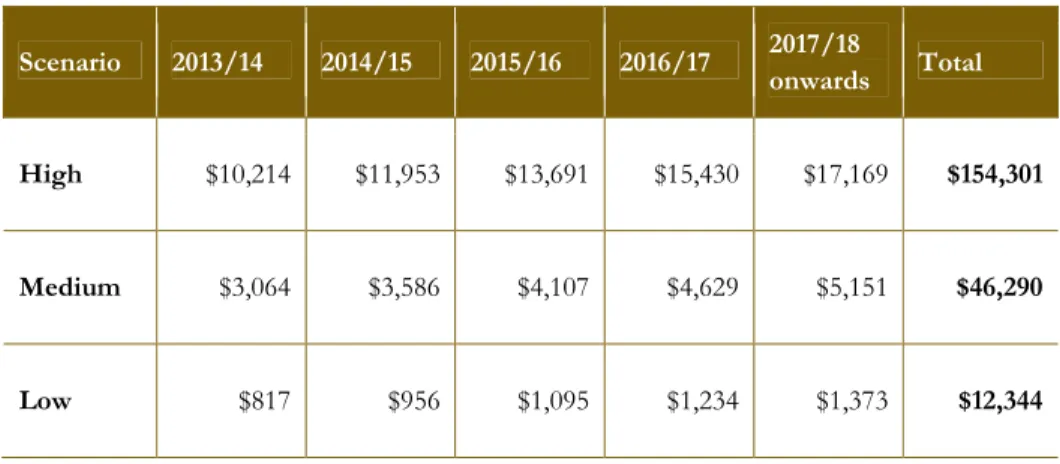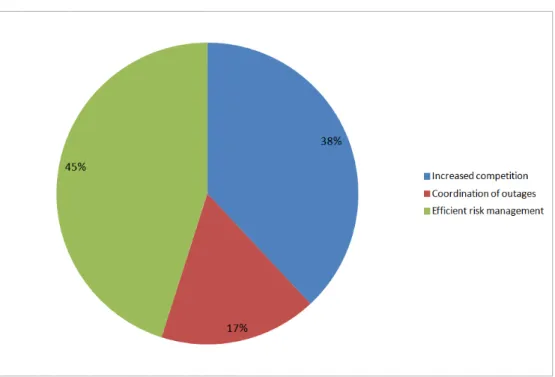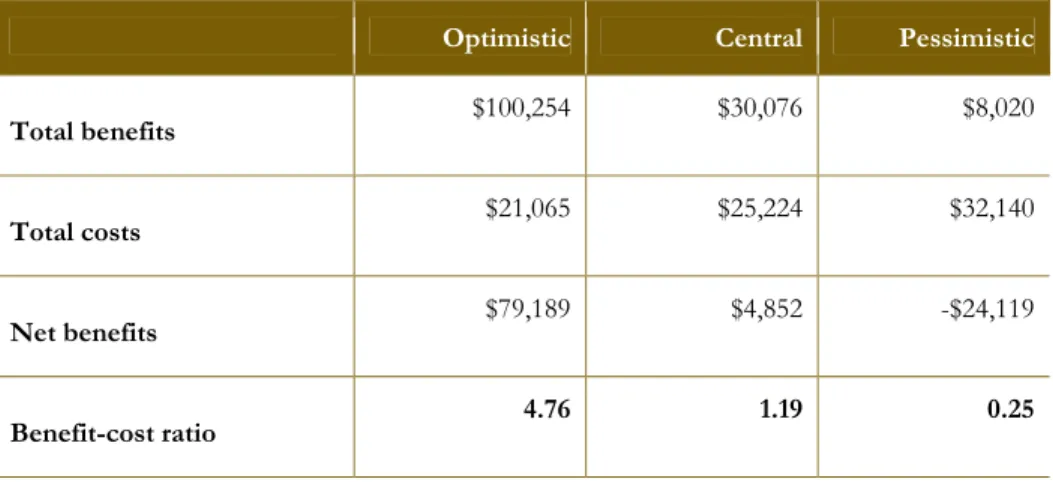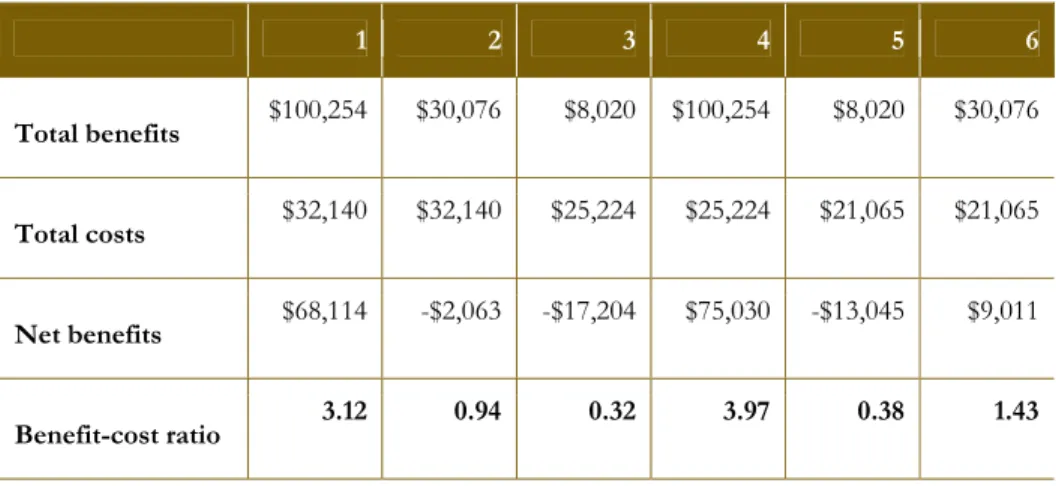The Chairperson noted that this process was common and that the IMO had undertaken a similar exercise with the introduction of the Balancing Market in the Wholesale Electricity Market (WEM). The Chair noted that the IMO could circulate the cost-benefit study conducted during the implementation of the GSI, along with the associated costs, to assist GAB members in deciding whether there was value in undertaking this review. The Chair noted that the IMO believed the review would be valuable, but recognized GAB members.
The Chair noted that the IMO will include further discussion of the need for a cost-benefit review or other review of the GSI at an upcoming GAB meeting. Action point: IMO will include further discussion on the need for a cost-benefit review or other review of the GSI at a future meeting. The Chair noted that some management of the zones was appropriate, but agreed that the current approach may be an undue burden.
The Chairman noted that if the governance of the WEM Rules was changed, it was likely that the governance of the GSI Rules would also be changed. 63 2015 IMO to include further discussion on the need for a cost-benefit review or other review of the GSI at a future meeting.
Introduction
Criteria guiding this aspect of the Reforms
In terms of governance, the composition of the rule change assessment committee and the rules governing its operation should address the potential for conflicts of interest and lack of transparency. In terms of procedure, changes should generally be limited to those necessary for the effective functioning of the rule change assessment committee and to increase transparency. The new governance arrangement and process must be simple and cost-effective to implement and operate.
The Rule Change Evaluation Panel must have, or have access to, adequate technical and operational rulemaking expertise.
Purpose of this Position Paper
New Rule Change Assessment Panel and Secretariat
Composition of the Rule Change Assessment Panel
For example, the criteria could provide that appointees must, in the opinion of the Minister, have knowledge or experience relevant to the functions of the Rule Change Assessment Panel in the power industry, commerce, economics, law or public administration. Respondents are invited to comment on the composition of the Rule Change Assessment Panel proposed above.
Governance of the Rule Change Assessment Panel
The Secretariat
The Independent Market Operator will need to enter into a Service Level Agreement with the Rule Change Evaluation Panel to provide the various Rule Change Services. The Steering Committee proposes to establish a Secretariat to support the Rule Change Assessment Panel as a separate legal entity, independent of the Independent Market Operator. The Executive Officer must not be a current or recent staff member of the Independent Market Operator.
The Executive Director will administer the Service Level Agreement for the Rule Change Review Panel. The (part-time) Rule Change Review Panel has a resource to monitor and manage the independent market operator's performance under the service level agreement. As a result, the influence of the independent market operator on the rule change process may still be an issue.
The Independent Market Operator's compliance with the Service Level Agreement will be monitored by the independent Executive Officer. The Executive Officer shall not be a current or recent Independent Market Operator staff member, and shall report to the Rule Change Review Panel.
Revised Rule Change process
Introduction
The Rule Change Assessment Panel (rather than the Independent Market Operator Board) will then make a Final Rule Change Decision, that is, decide whether to approve (or reject) a Rule Change Proposal upon receipt of the Final Rule Change Report. Both models propose a new secretariat separate from the Independent Market Operator and reporting directly to the Rule Change Assessment Panel. 1 Market Rule Approval Body Independent Market Operator Council Rule Change Assessment Panel 2 Provides secretarial services Independent Market Operator Rule Change Assessment Panel.
5 Chair of the Market Advisory Committee CEO of Independent Market Operator Executive Officer appointed by the Rule Change Evaluation Panel. 12 Receipt of Rule Change Proposal Independent Market Operator Rule Change Assessment Panel 13 Decision regarding 'threshold. Change Proposal Independent Market Operators Council Rule Change Evaluation Panel (based on advice from the Rule Change Evaluation Panel Secretariat and Proponent) 16 Reference of a Rule Change.
19 Approval of the Draft Rule Change Report Panel of the Evaluation of the Rules of the Board of the Independent Market Operator 20 Notifies the Minister of a. 22 Adoption of the Final Rule Change Report.
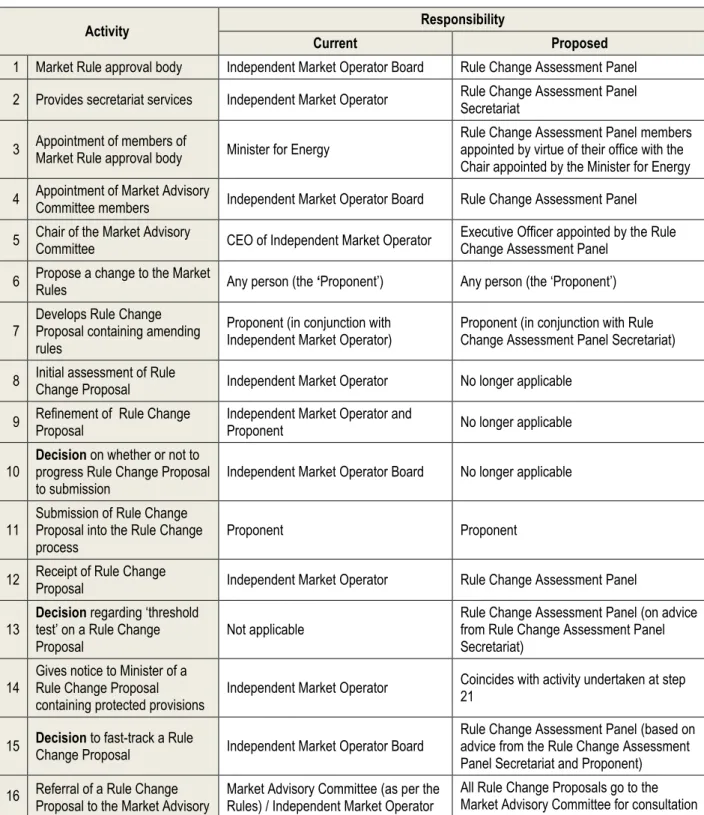
Steps in the revised process
The Secretariat (which is the executive officer under the proposed design option) will conduct a threshold test to assess whether the rule change proposal should be rejected. Respondents are invited to provide comments on the revised expedited rule change process. Respondents are invited to comment on the arrangements proposed above for the development of rule change proposals.
The independent market operator's function of appointing (or removing) members of the market advisory committee will be handled by the rule change review panel under the revised arrangements. In practice, the independent market operator refers the vast majority of proposed rule changes to the advisory market committee for discussion and refinement. The Regulatory Change Review Panel will not accept or reject proposed changes to market rules at this stage.
The Rule Change Assessment Panel will then make a Final Rule Change Decision indicating whether it approves or rejects the proposed market rule changes in the Rule Change Proposal. The Draft Rule Change Report may also include comments on the nature of the Rule Change Proposal (possibly based on an assessment matrix).
Accountability
Respondents are invited to comment on the proposed content of both the draft and the final rule change report. The Steering Committee is also considering what options for accountability should apply at certain points in the revised rule change process. Respondents are invited to comment on whether some form of formal review will apply to the Rule Change Review Panel's decision to approve or reject the change rules in a proposed Rule Change (that is, the final Rule Change Decision).
Information, reporting and accountability requirements of the Rule Change Assessment Panel
Recovery of Rule Change Assessment Panel function costs
The Independent Market Operator's existing budget for engaging consultants to advise on changes to the Market Rules. If additional members are appointed to the Rule Change Assessment Panel, their job costs will be recovered through the existing market compensation structure. The costs of the Regular Members are borne by the respective organizations of the members rather than by market parties.
Costs of secretariat services provided by the Independent Market Operator to the Rule Change Evaluation Panel under the Service Level Agreement (see section 2.3.3.1 above) will continue to be recovered via the existing Market Fee structure. As the Rule Change Assessment Panel will also consider Rule Changes under the Guest Services Information Arrangement, the costs of the Rule Change Assessment Panel and the Secretariat will also be recovered (on a pro-rata basis) via the existing Guest Information Services Market fee structure.
Implementation
Next steps
After this period, feedback provided through submissions will be collated and considered by the Steering Committee. The Steering Committee will reconsider and refine its policy position in light of feedback received before providing advice to the Minister of Energy on a preferred design option for the new Rule Change Evaluation Panel and revised Rule Change Process. Once the design is finalized, drafting of the necessary amendments to the Regulations and Market Rules will begin.
It is intended that an exposure draft of the proposed changes to regulations and market rules will be released for public review.
Consultation timeframes and response process
The IMO has provided important information on the state of the WEM and the information available in the GBB. This explanation appears to be a hindrance to earlier activation of the EMF by the PUO. The costs and benefits relevant to this study are only those effects over and above what would happen without the GBB and GSOO.
We are confident that our approach to estimating benefits focuses on the impact of the GBB and GSOO, and not the EMF. However, it is very difficult to separate the cost of the EMF from the cost of the GBB and GSOO. Although indicative in nature, our analysis suggests that society will be better off as a result of the GBB and GSEO.
An Emergency Management Facility (EMF), which will be part of the GBB and will be activated in the event of a gas supply disruption; And. The IMO has commissioned us to make an analysis of the costs and benefits of the GBB and GSOO. The approach taken should be tailored as far as possible to the characteristics of the market or industry under study.
This study is no exception, although it has proved very difficult to separate GBB and GSOO costs from EMF costs. Not all of the benefits listed above can be quantified and some may be less relevant to the introduction of GBB and GSOO in Western Australia. Separating EMF costs from GBB and GSOO costs proved to be very difficult, given the timing of this study.
In summary, GBB and GSOO may raise issues of business sensitivity and disclosure of confidential information. With a PED of -0.5, the costs simply outweigh the benefits, meaning that society is worse off due to GBB and GSOO in the central scenario. The effects of GBB and GSOO on confidence and willingness to invest may not be fully realized until the future.
To the extent that competition is increased as a result of the cessation of joint marketing, and the GBB and GSOO play a role in that decision, then the benefit estimate should reflect this. This feels about right given the nature of the intervention (and previous experience in Australia and overseas). The practical effect of this approach is that a focus on specific components of the costs or benefits of the GBB and GSEO is not feasible.
That is, society would be better off by mechanisms that result in the socially optimal delivery of.
